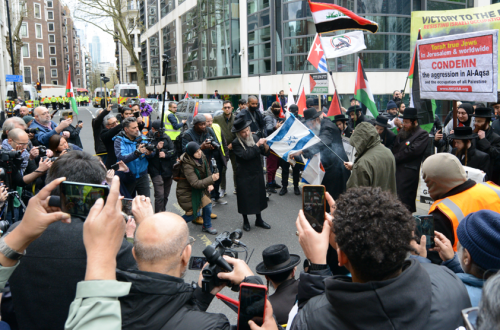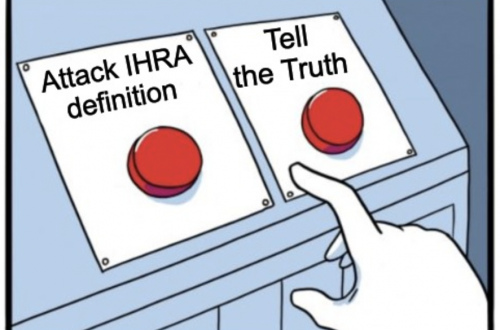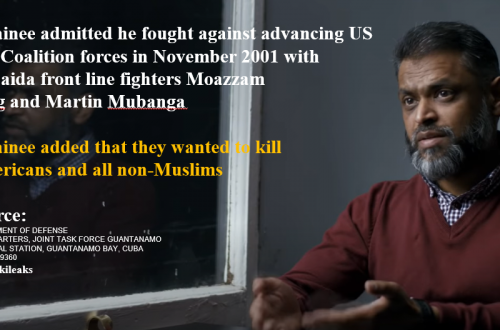It’s time to press reset on Israel’s confused response to the genuine threat of BDS and demonisation. A series of own-goals have created the impression of a powerful, aggressive government harassing weak NGOs. An alternative approach, based on Israeli MKs and their counterparts in foreign parliaments creating a shared policy framework, is needed.
Among Israeli politicians and pundits, the recognition of threats from the Boycott, Divestment and Sanctions (BDS) movement and demonisation, through labels such as ‘apartheid’ and ‘war criminal,’ dawned very slowly. When the response came, it took the form of an overreaction and a series of own-goals that, if anything, have made matters worse.
The most damaging involves policies preventing the entry of BDS activists (actual and imagined) into Israel, first through the actions of overzealous officials in the Interior Ministry at Ben Gurion International Airport, and later through Knesset legislation. This led to intense criticism, and became another major source of friction between Jewish critics of Israel in the Diaspora and the government.
For a large part of the Israeli political spectrum, including right, center and center-left, BDS is seen as a form of antisemitism that singles-out the country for criticism, blunts effective counterterror measures and seeks to end Jewish self-determination. The economic damage has been minimal, but the demonisation that feeds attacks against Israeli and Jewish targets around the world is seen as a major danger. The fear is that such activities, modeled on the fight against South African apartheid and launched at a 2001 UN conference in Durban South Africa, will erode Israeli sovereign equality, including legal sanctions in the UN. While Israel is militarily and economically powerful, a strong sense of isolation and vulnerability continues to permeate large parts of Israeli society, and various forms demonisation amplify these concerns.
The network of NGOs leading BDS is also involved in lawfare, in the form of attempts to bring cases against Israelis to the International Criminal Court and in individual countries, including the UK. Prime Minister Benjamin Netanyahu and government ministers have referred to these campaigns as a form of strategic warfare – a view shared by centrist politicians such as Yair Lapid.
But on the Left, BDS in general, and in the ‘selective’ form of boycotts of West Bank and Golan Heights products, are seen as legitimate forms of protest with the limited objective of ending the post-1967 occupation. This is true even for some liberals who consider themselves to be on the Zionist Left. Peter Beinart, for example, wrote that ‘we should lobby to exclude settler-produced goods from America’s free-trade deal with Israel’. Similarly, Kathleen Peratis, a board member at Human Rights Watch, has written that ‘settlement businesses help make settler life possible’ and hence should be boycotted. But for many Israelis, these distinctions are different aspects of the same battlefront. Selective boycotts use the same tools and slogans as the wider BDS movement, erasing the nuances, particularly in harsh political debates.
OWN GOALS
It is against this background that a spate of recent actions, laws and regulations against BDS activists – real and imagined – have created a crisis. READ MORE.



